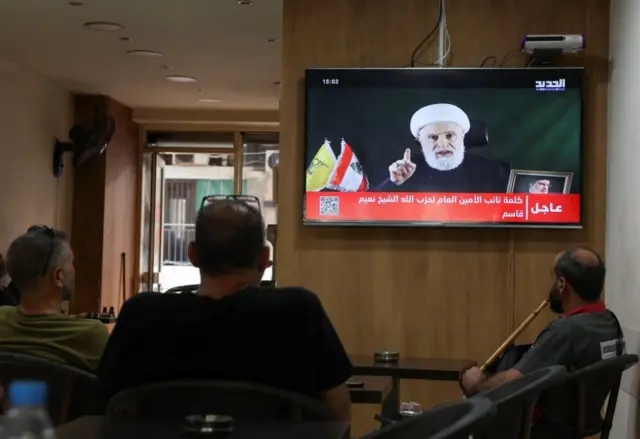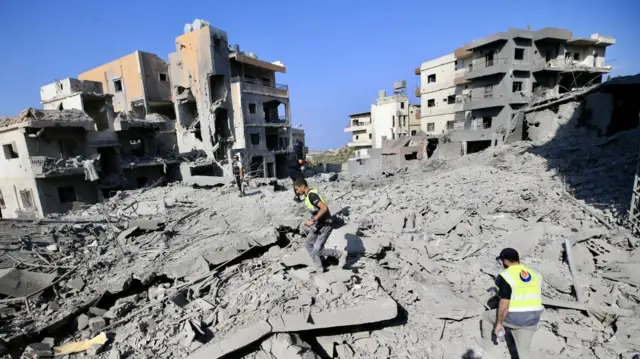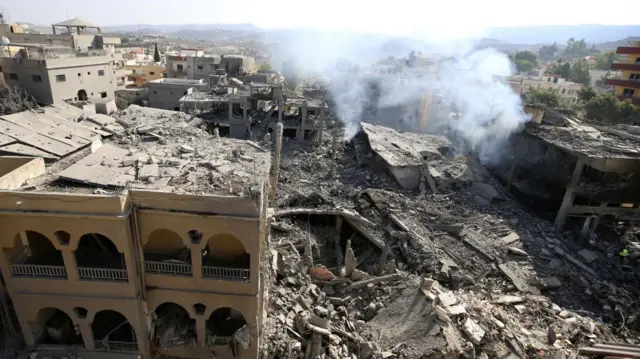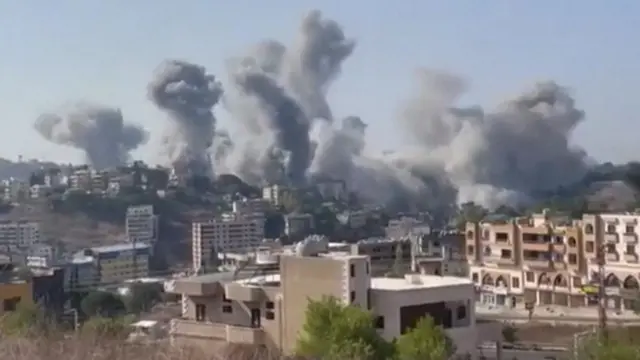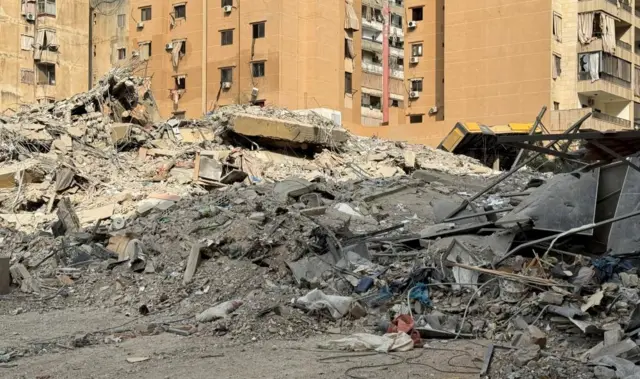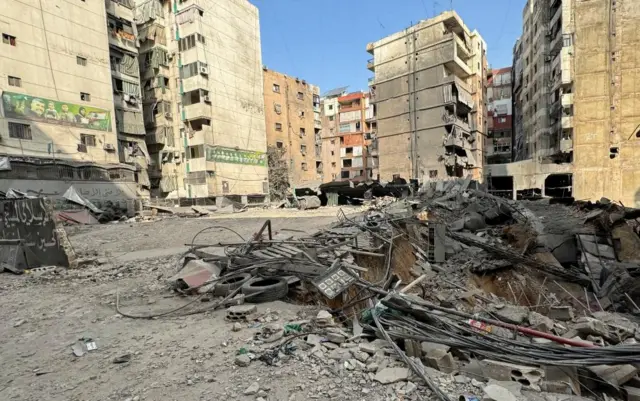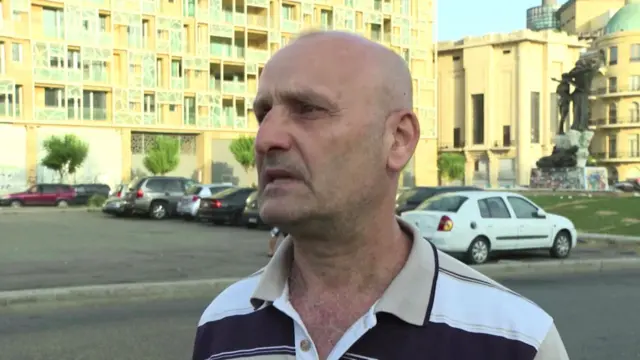- Joined
- Sep 2, 2024
- Messages
- 112,648
- Likes
- 313
- Nation

Ex-Israeli spy chief says he expects Israel to strike Iran's nuclear sites
A former Israeli military intelligence chief has told the BBC that he expects Israel to strike Iranian nuclear sites in one of its "rounds" of attacks against Iran."Not only do I expect that, but I expect the international community to support us," Yossi Kuperwasser tells the BBC.
"Look how dangerous Iran is without nuclear weapons," says Kuperwasser, a former director general of the Israel Ministry of Strategic Affairs and Israel Defense Forces intelligence head.
It comes as reports suggest Prime Minister Benjamin Netanyahu has assured US President Joe Biden that Israel will only target Iranian military infrastructure in response to the missile attacks earlier this month.
"I believe this is true," Kuperwasser tells the BBC, "because everybody has to understand this is not going to be a one-time attack by Israel."
Given Israel will be launching multiple rounds of attacks against Iran, "we have to make sure the Americans know we are attentive to their concerns about wide-scale regional war".
"The nuclear sites will have to be dealt with in the next round, if it's not going to be dealt with this round," Kuperwasser says.

